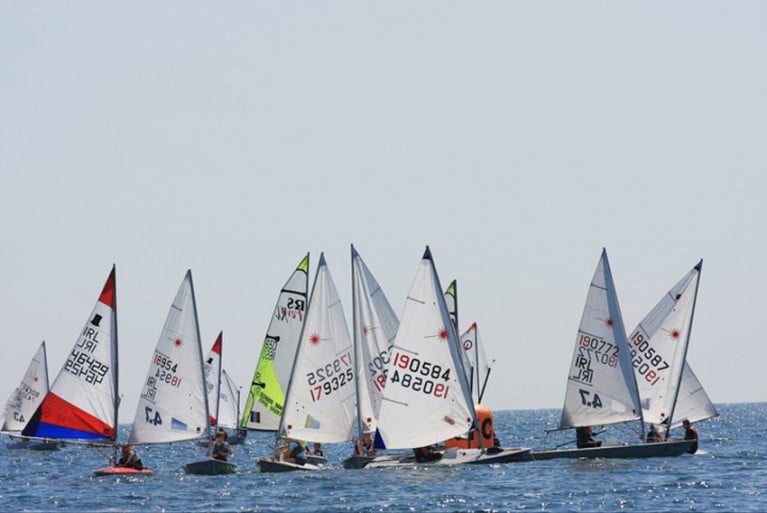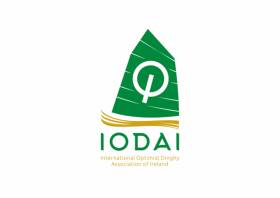Displaying items by tag: Spring Training
Last Spots Remaining In NYC’s Youth Spring Training Programmes
Only a handful of spots remain for youth sailors in spring training programmes for Optimist, Topper and RS Feva sailors organised by the National Yacht Club for the 2020 season.
Spring training for Oppys runs for five Sunday afternoons beginning on 1 March. Only two places remain as of time of writing — to register (and optionally charter a club boat) see the NYC website HERE.
The Topper spring coaching programme is already under way, but a handful of places remain in the Advanced Racer and Improvers groups. More details and online registration can be found HERE.
And coaching for RS Feva juniors begins later this month on 23 February, with only two spots to spare. Details and registration HERE.
This month will also see a team racing clinic at the Royal Irish Yacht Club on Monday 17 and Tuesday 18 February during the upcoming midterm break.
The Irish Sailing-supported initiative for team racing is offered at the special price of only €25 for the two days of training, and is open to anyone (including non-club members) who has a competent level of sailing experience but is most suited to at least Level 3 or equivalent.
Sign-ups are still open for the Dun Laoghaire Youth Laser spring training programme, which continues this month with a focus on preparing 4.7 sailors for Easter trials and Radials for the Europeans at Ballyholme in July.
And dates have been finalised for NYC’s junior summer courses, each of two weeks’ duration:
- Course 1: Tuesday 2 to Friday 12 June
- Course 2: Monday 15 to Friday 26 June
- Course 3: Monday 29 June to Friday 10 July
- Course 4: Monday 13 July to Friday 24 July
- Course 5: Monday 27 July to Friday 7 August
These will involve the full suite of Irish Sailing levels (Start Sailing, Basic Skills, Improving Skills, Racing, Advanced Boat Handling, Adventure) over each course.
Optimist Spring Training Dates Set For 2020 In Baltimore
16-21 February are the dates to save for Optimist Spring Training at Baltimore Sailing Club in West Cork.
This year the class has teamed up with freelance dinghy performance coach Thomas Chaix to work collaboratively on training sessions to kick off the season — riding high on the international success of Oppy helms like Rocco Wright.
And at the end of the week the assembled Optimist sailors have their pre-trials regatta.
On the social side, IODAI has organised a movie night at Casey’s Hotel and an end-of-week disco with the opportunity for parents to relax and meet up for a meal.
Registration for 2020 Spring Training is now available online. For more details contact Mandy at [email protected] see the IODAI website.






























































